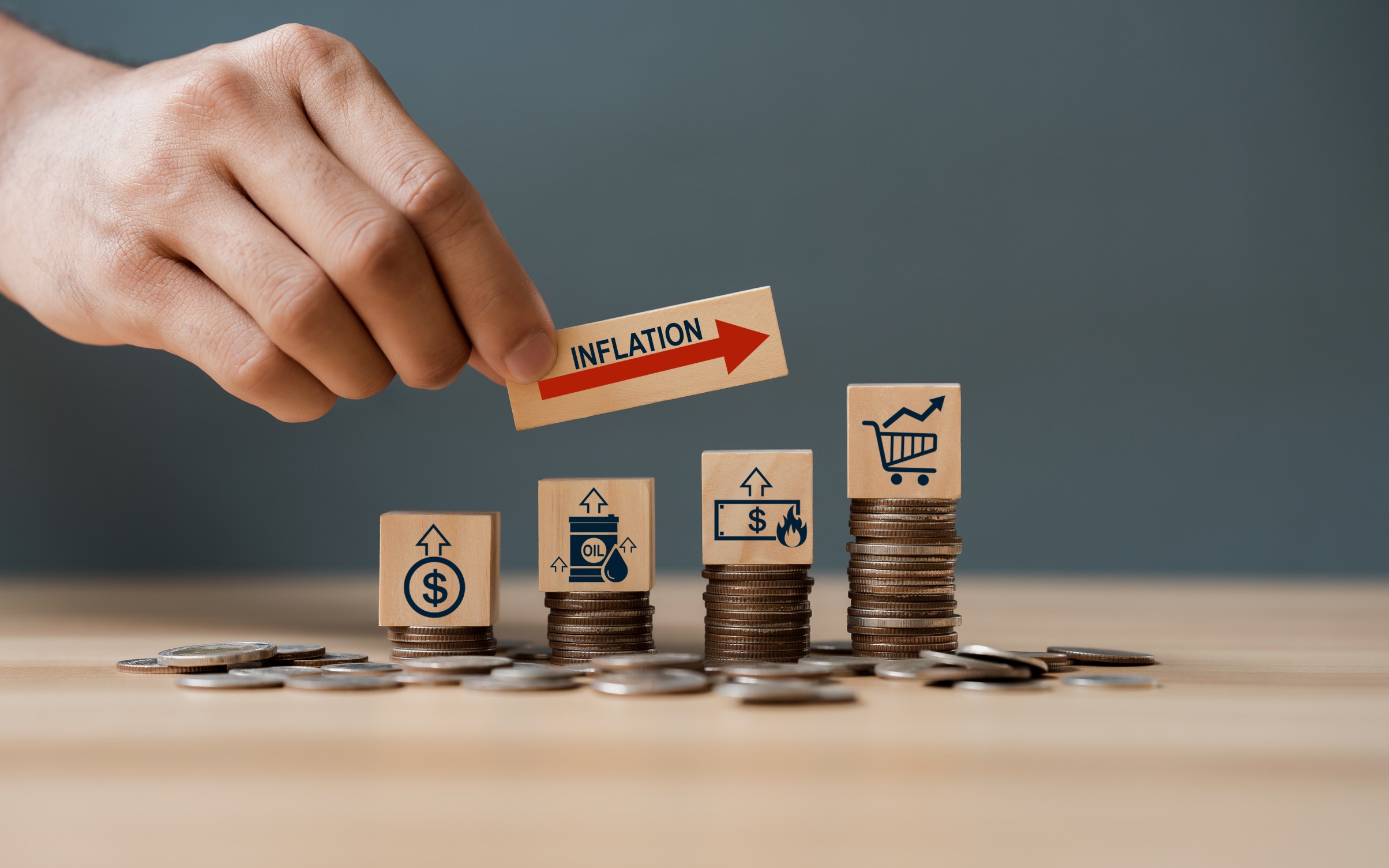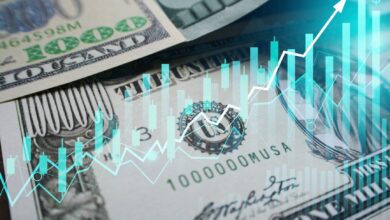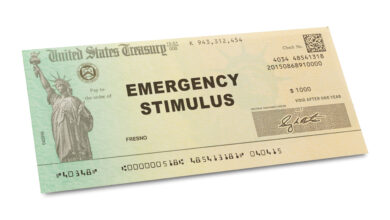
Inflation, higher interest rates, and elevated prices are squeezing them out of the market
Inflation and higher mortgage rates are destroying the American dream of homeownership for most millennials—those aged 30-45.
Read More »Although most still believe that buying a home remains a part of the American Dream, more than a third of millennials said in a recent survey that they believe the dream is unattainable for the average American.
Harmful process
Not only are their plans being delayed indefinitely, but the process of buying a home has been harmful in itself for those aged 30-45.
As many as three fourths of millennials admit in the new poll that the process has harmed their personal relationships. More than half say they have been reduced to tears during the process of searching for a home.
In addition to higher costs brought about by inflation and rising mortgage rates, the other factors holding them back are continuing historically elevated prices for houses along with a lack of savings as well as high levels of debt that many of the would-be buyers are carrying.
Buying a home simply seems an unattainable dream.
Revealed in a new survey
The situation is disclosed in a new survey of 1,000 millennials looking to buy a home in the next year. The survey was conducted by Real Estate Witch, an online publication owned by Clever Real Estate.
The poll reflects just how much the real estate market changed during the past year, hitting those aged 30 to 45 particularly hard.
Competition from other buyers was a major worry at the start of 2022. Houses were being snapped up shortly after they went on the market making it difficult for would-be millennial buyers to assess a price and to determine whether they could afford it. Almost six in 10 respondents listed that factor as a major obstacle at the start of 2022. In the new survey only three in 10 do.
Mortgage rates climbed during 2022 from a low of 3.22% on January 6, 2022 to reach a high of 7.08% on November 10, 2022, according to Freddie Mac. As a result, high mortgage rates became the major concern for would-be home buyers.
A lack of savings for a down payment was another major shift in the market during 2022. The lack of cash caused six in every 10 respondents to the 2023 poll to say that they plan to put down less than 20% as a down payment on a home should they find one they can afford to buy. Only a third of respondents said that in 2022.
The reason that millennials no longer can put down bigger down payments is clear when you consider that more than half of millennials have less than $10,000 in savings. A year ago only two in every 10 millennials said they had such a low amount.
Not only that, but two in every 10 millennials say they have no savings at all to put toward a down payment.
In addition, one in three millennials are concerned that they will not even quality for a mortgage.
A surprising finding in the poll is that eight in every 10 respondents have regrets about their buying a home in the last year. The most mentioned regret among millennial homeowners is that the mortgage rate is too high.
Biggest barriers to buying a house
Respondents to the poll listed these factors as the biggest barriers to owning a home:
• Mortgage rates are too high—47%
• Homes are too costly—46%
• Still saving for a down payment—41%
• Unable to quality for a mortgage—37%
• The house market is too competitive—28%
• Credit card debt is too high—24%
• Concerned about the job market—24%
• Student debt is too high—19%
• Medical debt is too high—17%
Deal breakers
The respondents listed these factors as deal breakers for homes in their price range:
• Mold—45%
• Unsafe neighborhood—45%
• Leaky roof— 41%
• Foundation issues—41%
• Termites—40%
• Pests—37%
• Murder committed in the house—36%
• Asbestos—35%
• House was previously a meth lab—33%
• House is situated near a prison—28%
• House is outdated—25%
• House has wallpaper rather than paint—19%
Future prospects
Millennials who are still searching for that dream home tend to be pessimistic about their prospects in the near future.
Three-fourths of would-be home buyers believe that conditions will become worse before they are able to buy a home.





